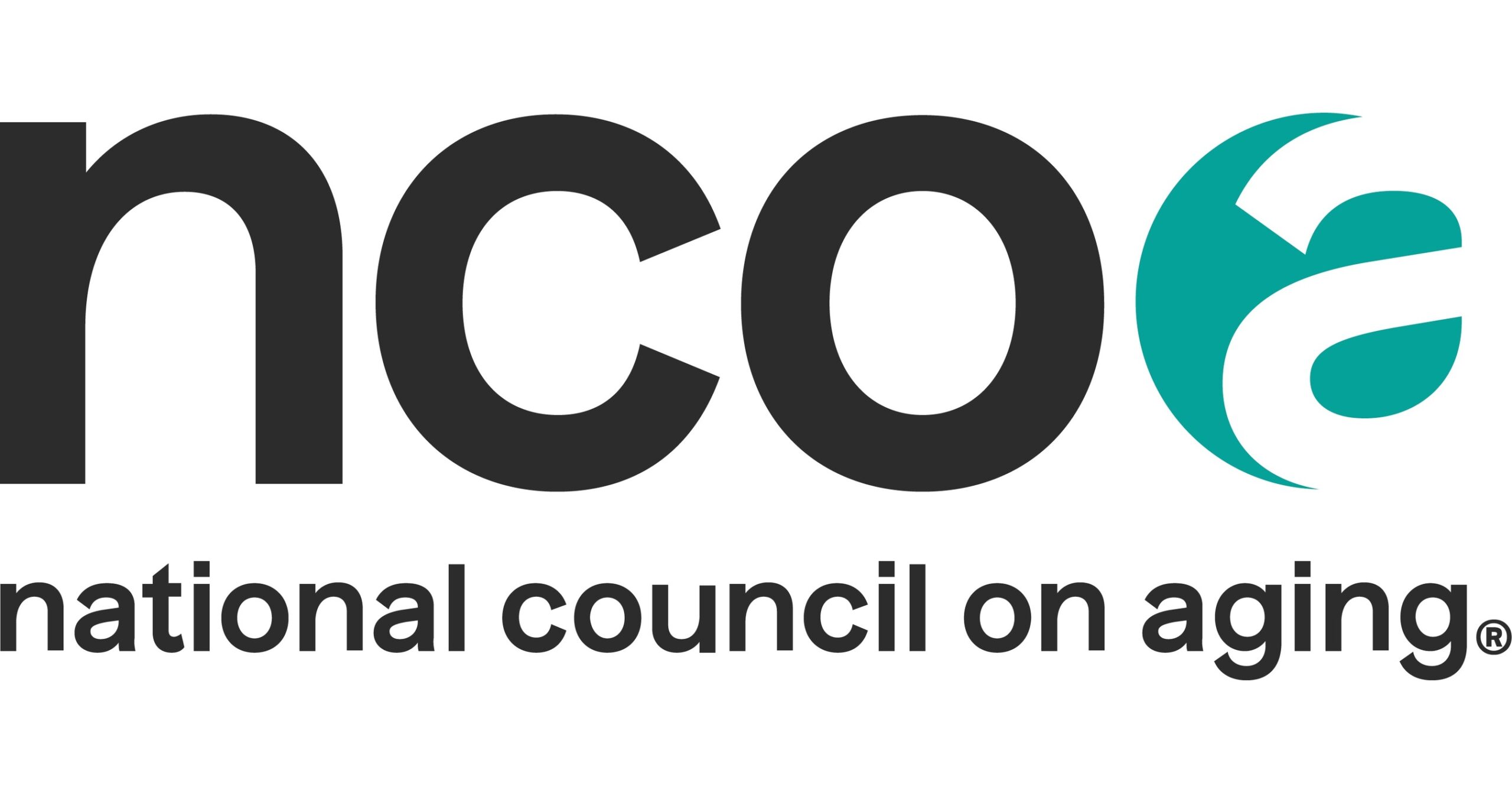Data resource details causes, health implications of sleep deprivation

Editor's Note An advisory published March 7 by The National Council on Aging (NCOA) offers newly updated information details the impact of sleep deprivation on health as well as the causes and warning signs of the most common sleep disorders. According to the publication, 35.5% of American adults reported sleeping…
Virtual-reality brain measurements illuminate real-world health conditions

Editor's Note Two researchers from South China University of Technology have developed an affordable electroencephalogram (EEG) measurement system that can be incorporated into virtual reality (VR) headsets. In the future, the researchers hope to use the device to explore people's brain activity while navigating specific virtual environments and to study…
Effect of workplace psychosocial resources on employees’ sleep disturbances
Editor's Note This study, led by Swedish, Danish, and Finnish researchers, examines the association of clustering and changes in workplace psychosocial resources (ie, leadership quality, procedural justice, culture of collaboration, and coworker social support) with sleep disturbances in workers. Sleep is essential for physiological restitution and recovery, and impaired sleep…
Effect of night float call on sleep, activity, well-being
Editor's Note This study from Stanford University finds that anesthesia residents who worked night float call rotations slept the same number of hours, but had less REM sleep, were more fatigued, and had less positive affect. All of these resolved a week after their rotation except fatigue. A total of…
Association of COVID-19 containment policies with children’s mental health
Editor's Note This study led by researchers at Weill Cornell Medicine, New York Presbyterian, New York City, and the University of California, Berkeley, finds that family financial disruptions caused by COVID-19 containment policies worsened children’s mental health. This analysis included a nationwide cohort of 6,030 US children aged 10 to…
Lessening the effects of daylight saving time change
Editor's Note Disrupted sleep rhythms because of the daylight saving time change can throw people off schedule, leading to cumulative sleep loss, the March 9 npr.org reports. Studies have shown there is a higher risk of strokes, heart attacks, high blood pressure, automobile accidents, workplace injuries, and mental health issues…
Study: Consistent lack of sleep impacts immune cells
Editor's Note This study from the Icahn School of Medicine at Mount Sinai, New York City, finds that chronic, insufficient sleep can negatively affect immune cells, which may lead to inflammatory disorders and cardiovascular disease. Immune cells fight infection, but if the numbers get too high, they overreact and cause…

 Free Daily News
Free Daily News